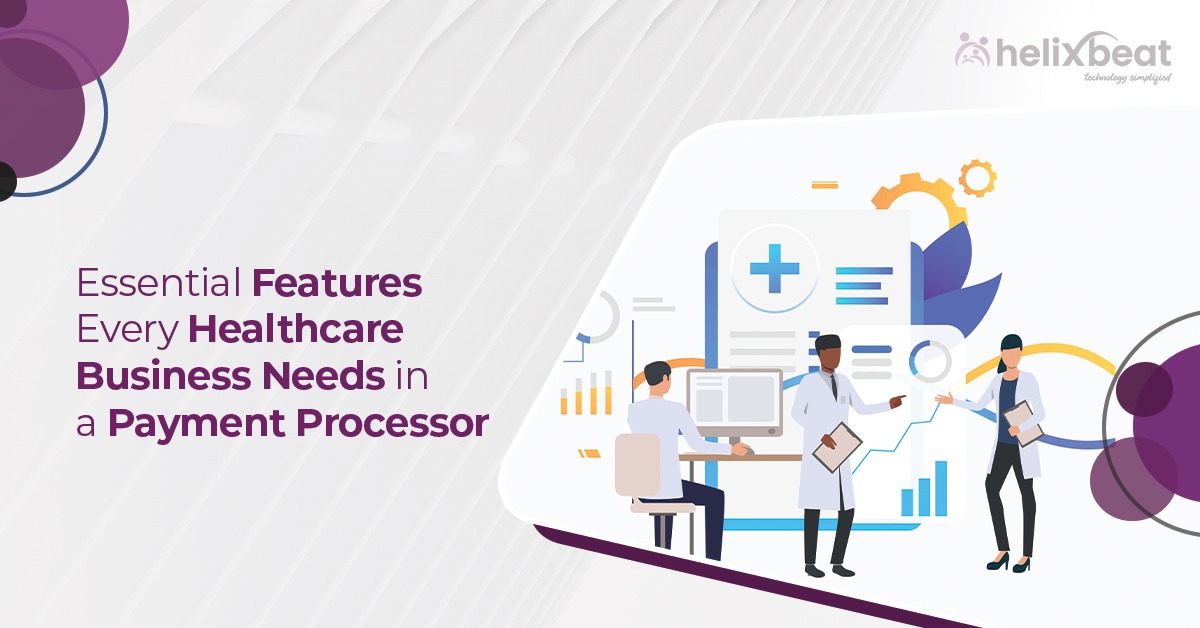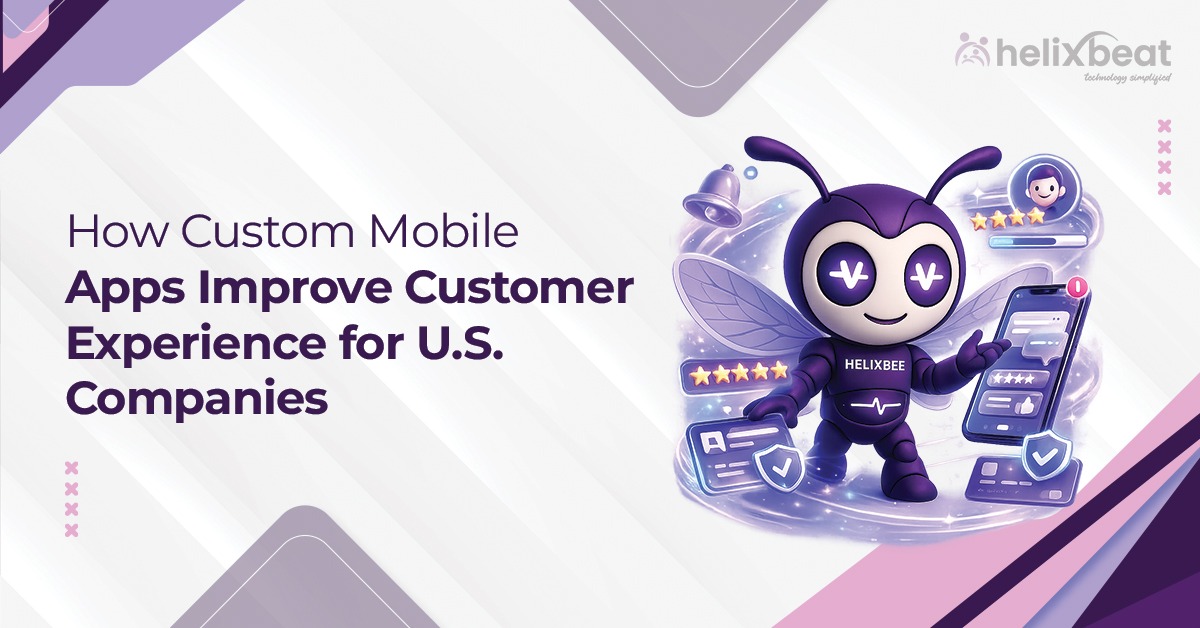Managing Payments Shouldn’t Be This Hard.
If you’re running a healthcare practice, you already have enough on your plate — caring for patients, managing staff, keeping up with regulations. But when it comes to payments? That’s where things often fall apart.
Maybe your front desk is overwhelmed chasing overdue bills. Maybe patients keep calling, confused about their invoices. Or maybe you’ve lost revenue simply because your payment system doesn’t support mobile or online options.
For many healthcare providers, payment processing feels like a constant battle — one that slows down operations, frustrates patients, and drains valuable time.
That’s exactly why Paynova was built.
Paynova is a smart, healthcare-focused payment processor designed to take the pain out of billing.
In this guide, we’ll explore the 5 essential features every healthcare business needs in a payment processor — and show you how Paynova delivers on all of them.
Because smoother payments lead to happier patients, less admin work, and more time to focus on what really matters: healthcare.

Table of Contents
1. Seamless Integration with EHR and Practice Management Systems
One of the most important requirements for healthcare providers is smooth integration with Electronic Health Record (EHR) and Practice Management Systems (PMS). A disjointed system can result in billing errors, delayed claims, and frustrated patients.
Paynova understands this and provides deep integration with popular healthcare systems. By connecting directly to your PMS and EHR, Paynova’s payment processing services ensure accurate billing, automate co-pay and deductible collection, and enable easy access to real-time patient balances.
This seamless synchronization simplifies complex healthcare payment processing, saves administrative time, and reduces manual data entry errors.
Why this matters:
- Eliminates duplicate data entry.
- Ensures up-to-date patient balances.
- Improves the speed and accuracy of claims processing.
Example:
A receptionist has to manually enter patient billing data into both the EHR and the payment system. One small typo, and the insurance claim gets denied or delayed — adding stress for the staff and confusion for the patient.
With Paynova:
Let’s say you use Kareo or Athenahealth for your practice. Paynova integrates directly, syncing patient records, appointment details, and billing info. No more double entries. You automatically see updated balances and can collect payments right at check-in.
If you’re a clinic or small practice, Paynova stands out as the best payment processor for small business due to its plug-and-play compatibility and low setup friction.
2. Multiple Payment Methods and Mobile Payment Services
Today’s patients expect convenience. Whether it’s scheduling appointments or paying bills, they want options — especially when it comes to payments.
A modern payment processing service should support:
- Credit/Debit cards
- ACH/bank transfers
- Mobile payment services like Apple Pay
- Digital wallets and QR code payments
- Recurring or subscription-based billing
Helixbeat‘s Paynova supports all of the above, providing a flexible payment experience that encourages on-time payments and improves patient satisfaction. With mobile payment services, patients can make payments directly from their smartphones, whether they’re at home, in the clinic, or attending a virtual consultation.
Why this matters:
- Reduces missed or delayed payments.
- Enables healthcare payment processing for telehealth services.
Picture this:
A patient finishes a telehealth consultation and asks if they can pay via ApplePay. Your staff says “No, we only take card payments over the phone.” That’s a missed opportunity — and possibly a missed payment.
With Paynova:
Patients can pay via debit/credit card, mobile wallets (Apple Pay), QR codes, or ACH transfers — instantly from their phones or tablets. Whether it’s in-person, over a call, or online, the experience is smooth and convenient.
Paynova’s mobile payment services make it ideal for modern practices that prioritize digital-first convenience — one more reason it’s considered the best payment processor for small business healthcare providers.
3. Built-In Compliance with HIPAA and PCI-DSS
When dealing with sensitive patient data and financial information, compliance isn’t negotiable. Every healthcare business must adhere to strict industry regulations such as:
- HIPAA (Health Insurance Portability and Accountability Act) for patient data privacy
- PCI-DSS (Payment Card Industry Data Security Standard) for secure card payments
Paynova is engineered with healthcare compliance at its core. It encrypts every transaction, safeguards sensitive data, and ensures that all processes meet HIPAA and PCI-DSS standards.
Why this matters:
- Reduces the risk of data breaches or legal penalties.
- Builds patient trust and institutional credibility.
- Ensures long-term sustainability for your healthcare payment processing system.
Let’s say you’re emailing patients with links to pay their bills.
If your system isn’t secure, you risk exposing sensitive medical and financial data — and that could result in a costly HIPAA violation.
With Paynova:
Every transaction is encrypted end-to-end, data is tokenized, and your workflows stay HIPAA and PCI-DSS compliant by default. There’s no extra effort needed to stay within legal boundaries — it’s built in
Example: After switching to Paynova, a physical therapy center passed its compliance audit with zero findings and significantly improved patient trust scores on feedback surveys.
Compliance is where many generic payment processing services fall short — but Paynova’s healthcare-specific design gives it a clear edge.
4. Advanced Reporting and Real-Time Analytics
Understanding your financial data is crucial for strategic decisions and operational efficiency. A powerful healthcare payment processing system should offer:
- Real-time insights into revenue cycles
- Patient payment tracking
- Claim success rates
- Pending reimbursements
- Automated alerts for payment issues
Paynova provides an intuitive dashboard with real-time analytics and customizable reporting. From spotting billing bottlenecks to forecasting revenue trends, Paynova empowers providers with actionable insights that improve both financial and patient outcomes.
Why this matters:
- Enhances financial visibility and control.
- Optimizes collection strategies.
- Reduces revenue leakage.
Your billing manager has no clear idea where the revenue leakage is coming from. They’re stuck pulling reports from three different systems, all showing different numbers.
With Paynova:
You get a unified dashboard that shows outstanding balances, payment trends, insurance reimbursements, and failed transaction alerts — all in one place, in real time.
With its data-driven design, Paynova delivers the tools you need to be proactive — making it one of the best payment processors for small business healthcare providers seeking smart decision-making.
5. Support for Telehealth and Remote Services
Post-pandemic, telehealth is no longer a niche — it’s a vital part of modern healthcare. But virtual care introduces new payment challenges. Patients expect fast, easy, and secure ways to pay online, and providers must be able to collect fees before or after digital appointments.
Paynova supports virtual care with:
- Online checkout and invoicing
- Integration with telemedicine platform
- Digital receipts and SMS payment links
- Mobile payment services for remote convenience
This seamless digital experience makes healthcare payment processing smoother than ever, ensuring you don’t lose revenue due to inconvenient payment options.
Why this matters:
- Encourages patient retention in digital care settings.
- Reduces no-show rates by collecting pre-visit payments.
- Simplifies billing for remote or asynchronous consultations.
Imagine this:
A telehealth patient misses their appointment because they weren’t reminded to pay in advance — and now your schedule has a no-show.
With Paynova:
You can send an SMS payment link with appointment reminders, offer pre-visit checkout, and even email receipts automatically post-consultation.
As healthcare becomes increasingly hybrid, Paynova ensures your payment processing services are just as adaptive.
Why Paynova is the Best Payment Processor for Small Business Healthcare Providers
Here’s a quick recap of why Paynova is the best payment processor for small business healthcare operations:
- Industry-specific features
- Built-in compliance and security
- Patient-friendly billing options
- Real-time data analytics
- Optimized for mobile and remote care
Unlike generic payment processing services, Paynova is purpose-built for healthcare payment processing, offering unmatched integration, flexibility, and security tailored to healthcare needs.
Whether you’re a solo practitioner, a multi-location clinic, or a specialty telehealth platform — Paynova delivers enterprise-grade features at small-business-friendly pricing.
Final Thoughts: Choose the Right Partner for Healthcare Payment Processing
In the U.S. healthcare system, where billing complexity, compliance risk, and rising patient expectations intersect, having the right payment processing service can mean the difference between operational chaos and streamlined success.
Choosing Paynova ensures your practice can:
- Get paid faster
- Stay compliant
- Deliver a better patient experience
- Reduce administrative burden
- Support future-ready features like mobile payment services and telehealth billing
There’s no one-size-fits-all in healthcare finance. But when it comes to healthcare payment processing, Paynova fits just right — smart, secure, and scalable.
Ready to Simplify Your Healthcare Payments?
Join hundreds of forward-thinking providers who trust Paynova as their preferred payment processing service. Discover why we’re the best payment processor for small businesses in healthcare.
Let’s revolutionize how healthcare gets paid.
FAQs
1. What is a healthcare-specific payment processing service?
A healthcare-specific payment processing service is designed to handle billing, co-pays, insurance claims, and compliance needs unique to medical practices, making payments seamless and secure.
2. Why is HIPAA compliance essential in a payment processing service?
HIPAA compliance ensures that a payment processing service protects sensitive patient health and billing data, helping providers avoid legal penalties and build patient trust.
3. How does Paynova integrate with EHR and PMS platforms?
Paynova connects directly with major EHR and practice management systems, syncing patient records and billing details. This allows for accurate, real-time payment processing without manual data entry.
4. What types of payments should a modern payment processing service support?
An effective payment processing service should support credit/debit cards, ACH transfers, Apple Pay, QR codes, and recurring billing to meet diverse patient needs.
5. How can a payment processing service improve telehealth billing?
A service like Paynova simplifies telehealth billing by offering mobile payments, digital invoicing, and SMS payment links — ensuring smooth remote transactions for virtual care.
6. How does real-time analytics help in payment processing?
A healthcare payment processing service with real-time analytics helps providers track revenue, identify payment delays, and make data-driven decisions to optimize cash flow.
7. Is Paynova a good payment processing service for small healthcare businesses?
Yes, Paynova is one of the best payment processors for small business healthcare providers due to its plug-and-play setup, affordability, and healthcare-focused features.














